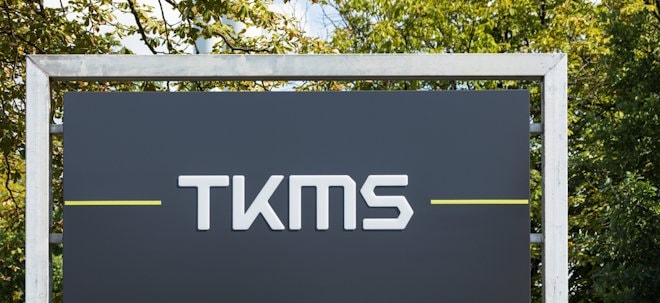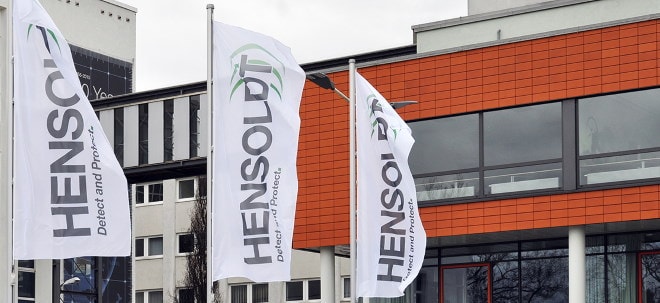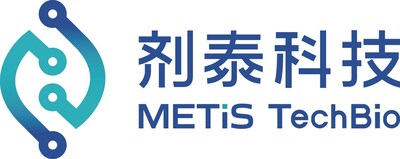METiS BioTech announces China's First AI-Enabled Formulation Drug Candidate to Complete Phase III Clinical Trial
MTS-004 Poised to Fill an Unmet Need in the Treatment of Pseudobulbar Affect (PBA)
BEIJING, China, Oct. 23, 2025 /PRNewswire/ -- METiS TechBio, a global leader in AI-driven nanodelivery and formulation innovation, today announced that its internally developed small-molecule candidate MTS-004 has successfully met the primary endpoint in its Phase III clinical trial.
MTS-004 is China's first drug candidate designed by AI-driven formulation technologies to complete Phase III development, and the first and only therapy for Pseudobulbar Affect (PBA) in the country to reach this milestone—representing a major step toward addressing an unmet clinical need in neurological disorders.
MTS-004 is a novel oral formulation designed for the treatment of PBA, utilizing METiS TechBio's proprietary AiTEM platform to develop orally disintegrating tablet (ODT). Tailored for patients frequently experiencing dysphagia, MTS-004 dissolves rapidly in the mouth without the need for water, offering a pleasant taste and significantly improving medication adherence and patient experience.
Pseudobulbar Affect (PBA)—commonly known as "pathological laughing and crying"—is a neurological condition characterized by sudden, involuntary, and inappropriate episodes of laughing or crying that do not match a patient's true emotional state. PBA frequently occurs secondary to central nervous system disorders such as amyotrophic lateral sclerosis (ALS), multiple sclerosis (MS), stroke, traumatic brain injury (TBI), or Parkinson's disease (PD). The condition can severely impair social functioning and quality of life, while exacerbating the burden of underlying neurological diseases.
The AiTEM platform, powered by METiS TechBio's proprietary NanoForge AI nanodelivery system, uses advanced algorithms to design and optimize pharmaceutical formulations. By integrating quantum chemistry and molecular dynamics simulations, AiTEM predicts drug–excipient interactions and generates nanoscale formulation optimization solutions to enhance solubility, bioavailability, and pharmacokinetic performance.
In the case of MTS-004, AiTEM enabled predictive modeling that shortened the preclinical formulation optimization period from the industry average of 1–2 years to under 3 months. From program initiation to Phase III completion, MTS-004 completed a full development cycle of in months, significantly accelerating the path from discovery to clinical validation.
The Phase III trial was led by Professor Dongsheng FAN, Chair of Neurology at the Peking University Third Hospital and a leading expert in ALS and neurodegenerative disorders. This randomized, double-blind, placebo-controlled, multicenter study evaluated the efficacy and safety of MTS-004 in patients with PBA secondary to ALS, MS, stroke, TBI, or PD.
The trial enrolled 264 patients across 48 top-tier hospitals nationwide over a period of 9.5 months, including Beijing Xuanwu Hospital, Beijing Tiantan Hospital, West China Hospital Sichuan University, The First Affiliated Hospital of China Medical University, The Second Affiliated Hospital of Zhejiang University School of Medicine, Jiangsu Provincial People's Hospital, Shandong Qianfoshan Hospital, Guangdong Second Provincial People's Hospital, The First Affiliated Hospital of Zhengzhou University, Renji Hospital of Shanghai Jiao Tong University, and Xiangya Hospital of Central South University.
Currently, the only approved treatment worldwide for PBA is NUEDEXTA® in the U.S. MTS-004, classified in China as a Category 2.2 improved new drug, introduces an innovative ODT formulation that effectively addresses swallowing difficulties—an unmet need among PBA patients—and provides a user-friendly alternative to capsule formulations.
Results from the Phase III study demonstrated that MTS-004 was safe, well-tolerated, and effective in reducing PBA symptoms in patients with neurological disorders. Therapeutic benefits were observable as early as week 2, with continued increases in symptom-free days and sustained improvement throughout the 12-week treatment period. MTS-004 achieved statistically significant improvements over placebo in: CNS-LS (Center for Neurologic Study–Lability Scale) total score, CGI-C (Clinical Global Impression of Change) and PGI-C (Patient Global Impression of Change), SF-36 Mental Health Index, reflecting enhanced emotional regulation and quality of life. Additionally, MTS-004 significantly improved CNS-BFS (Bulbar Function Scale) score, particularly in swallowing and drooling symptoms—critical complications in patients with motor neuron and central nervous system diseases.
MTS-004 is expected to submit a New Drug Application (NDA) to the National Medical Products Administration (NMPA) in 2026 for the PBA indication. Following approval, post-marketing studies are planned to explore potential label expansion for the treatment of dysphagia.
Professor Dongsheng FAN, Principal Investigator, commented:
"Artificial intelligence is reshaping how new drugs are discovered and developed. The MTS-004 clinical trial was challenging to initiate but was completed with outstanding quality. Its ability to improve patients'quality of life—especially its clear impact on swallowing function—can reduce complications and may positively influence survival. While this study focused on ALS-related PBA, MTS-004 shows potential across broader neurological populations."
Dr. Chris Lai, Co-founder and CEO of METiS TechBio, stated:
"We extend our sincere gratitude to Professor Fan, all participating investigators and clinical staff, every patient and family, and the community supporting PBA research. AI's mission in medicine is to empower clinicians and race against diseases, driven by a deep understanding of unmet patient needs. That mission inspired our 38-month sprint from concept to Phase III completion. MTS-004 marks METiS TechBio's first end-to-end success from discovery to late-stage clinical validation—a foundation that will accelerate every pipeline that follows."
About METiS TechBio
Unlocking a healthier world through AI-driven nanotechnology. METiS Technologies is a pioneering TechBio company at the intersection of artificial intelligence and nanomaterial science, focused on transforming the delivery and application of active agents across life forms.
Founded by a team of MIT-trained scientists with deep expertise in AI, quantum mechanics, nanomaterials, and advanced drug delivery, the company has developed NanoForge, the world's first AI-drive nano-delivery platform and three proprietary platform technologies, AiLNP – AI platform for nucleic acid delivery system design; AiRNA – AI platform for mRNA sequence optimization; and AiTEM – AI platform for small molecule formulation design.
METiS' platforms simulate, predict, and interpret nanoscale interactions to enable rational design, optimization, and validation of next-generation nanomaterials and their payloads. By advancing AI-enabled nanotechnology, METiS strives to unlock new therapeutic possibilities across a wide range of diseases, including cancer, metabolic and autoimmune disorders, and neurodegenerative conditions, and improve the health of lives.
![]() View original content to download multimedia:https://www.prnewswire.com/news-releases/metis-biotech-announces-chinas-first-ai-enabled-formulation-drug-candidate-to-complete-phase-iii-clinical-trial-302592862.html
View original content to download multimedia:https://www.prnewswire.com/news-releases/metis-biotech-announces-chinas-first-ai-enabled-formulation-drug-candidate-to-complete-phase-iii-clinical-trial-302592862.html
SOURCE METiS TechBio


